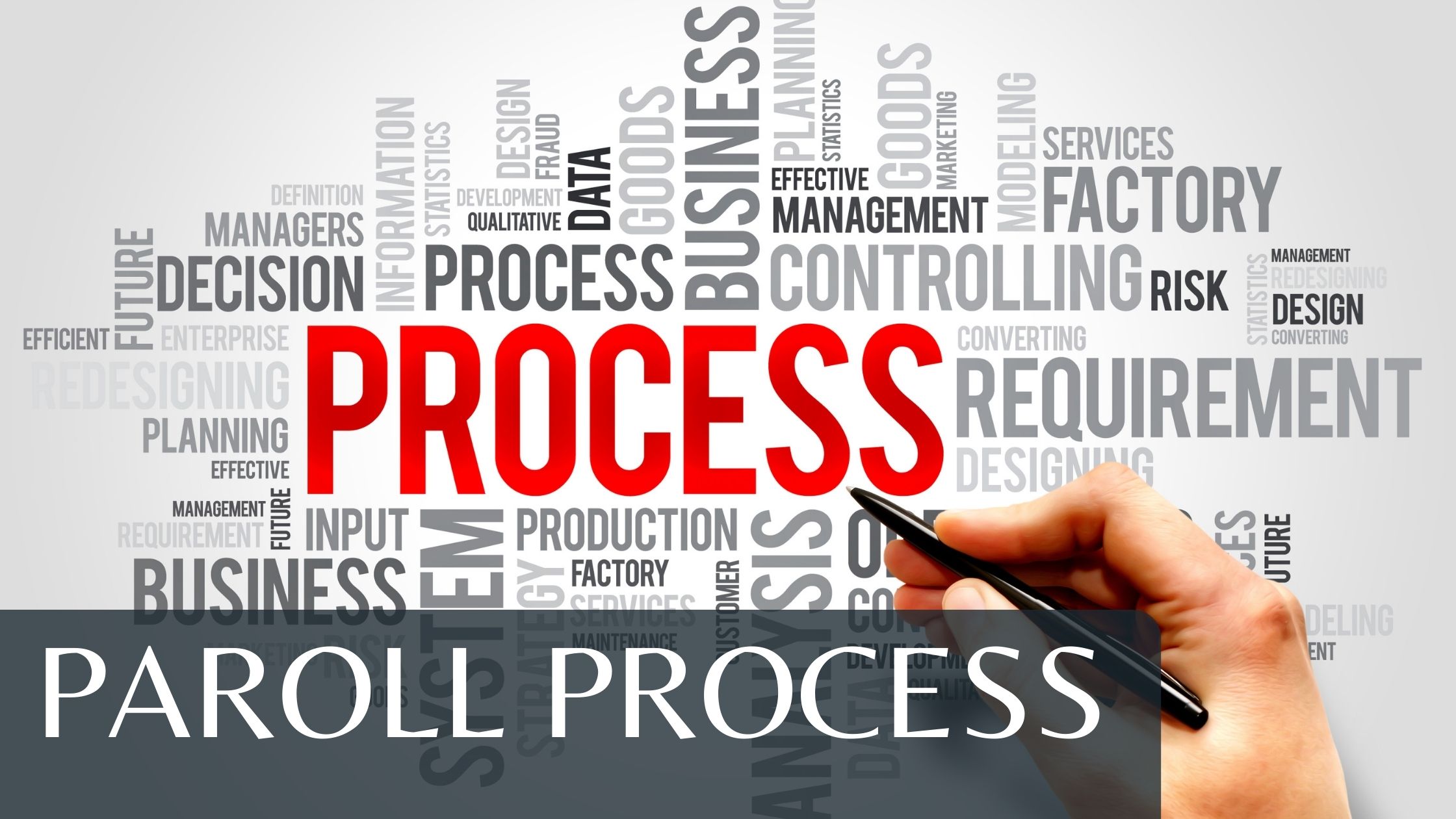What Exactly Is Payroll?
PAYROLL PROCESS-Payroll is the compensation that a company must pay to its employees for a specified period of time or on a specific day. It is typically administered by a company’s accounting or human resources department. Payroll for a small firm may be handled directly by the owner or an associate.
Payroll is increasingly being outsourced to specialist organisations that handle payroll processing, employee benefits, insurance, and accounting functions including tax withholding. Many payroll fintech companies, including Atomic, Bitwage, Finch, Pinwheel, and Wagestream, are using technology to streamline payroll processes. These solutions pay employees more conveniently and quickly, as well as provide digital payroll-related documentation and novel technology-enabled services required by the gig and outsourcing economy.
Payroll can also refer to a list of a company’s employees and the amounts owed to each of them. Payroll is a significant expense for the majority of firms, and it is usually always deductible, which means that the expense can be deducted from gross income, lowering the company’s taxable revenue. Payroll can fluctuate from one pay period to the next due to overtime, sick leave, and other factors.
How to Be an Effective Leader: 11 Leadership Styles
Payroll Fundamentals

Payroll is the process of paying employees for a business, which includes tracking hours worked, calculating pay, and sending money via direct deposit to employee bank accounts or by check. Companies, on the other hand, must execute accounting activities in order to record payroll, taxes withdrawn, bonuses, overtime pay, sick time, and vacation compensation. Companies are required to set aside and record the amount to be paid to the government for Medicare, Social Security, and unemployment taxes.
Many businesses utilise software to manage their payroll. Employees submit their hours using an API, and their pay is processed and sent into their bank accounts.
To simplify the process, many medium- and large-sized businesses outsource payroll services. Employers keep track of how many hours each employee works and provide this data to the payroll service. On payday, the payroll service computes the employee’s gross pay owed based on the number of hours or weeks worked during the pay period and the pay rate. After deducting taxes and other withholdings from earnings, the service pays the employees.
Particular Considerations
Employers with annual gross sales of $500,000 or more are subject to the rules of the 1938 Fair Labor Standards Act (FLSA). This is a statute in the United States that protects workers from some unfair wage practises. The FLSA establishes many labour rules, such as minimum wages, overtime pay obligations, and child labour restrictions. For example, FLSA regulations stipulate when employees are considered to be on the clock and when they are entitled to overtime pay. 1
Overtime (hours worked in excess of 40 per week) is required by law to be paid at one and a half times the standard hourly rate. Some employees are exempt from the FLSA, and because they are not considered employees, the Act does not apply to independent contractors or volunteers. 1
Some hourly workers are not covered by the FLSA but must follow other rules. Railroad workers, for example, are covered by the Railway Labor Act, whereas truck drivers are governed by the Motor Carriers Act.23
The FLSA also specifies how to handle employment that are largely compensated by tips. In the case of tipped service workers, the employer is required to pay the minimum wage unless the employee routinely receives more than $30 a month in gratuities. 1
Write the Perfect Self-Appraisal for a Performance Review
The Benefits and Drawbacks of Using Professional Payroll Services

One significant advantage of payroll services is its ability to generate a variety of reports that simplify accounting procedures and assist businesses in remaining in compliance with legal and tax filing requirements. The payroll service may also keep track of how much vacation or personal time employees have taken.
In terms of drawbacks, when businesses outsource their payroll system, they must rely on personnel outside the organisation for correct accounting. When an error occurs, the company’s on-site representatives must deal with disgruntled employees. Companies may potentially suffer tax fines as a result of payroll service problems.
Another downside is that paying for payroll services is more expensive than doing payroll in-house. The services may charge a fixed monthly price or offer several payment schemes for different service tiers. Payroll services may not be the ideal solution for small businesses with limited operational budgets due to their high cost.
What Exactly Is a Payroll Tax Cut?
Payroll taxes include Social Security, which deducts 6.2 percent of your gross earnings up to $132,900. Payroll taxes also pay for Medicare, which deducts 1.45% of your earnings. Employers are also required to pay payroll taxes. They pay 6.2 percent of your earnings, so the government receives 12.4 percent of your entire earnings, and your company contributes 1.45 percent of your earnings to Medicare.
A payroll tax cut would result in fewer Social Security and Medicare taxes being withheld and deducted from paychecks. The idea is that workers and businesses would take home a little more money with each paycheck, encouraging them to spend more and thereby stimulating the economy.
In conclusion
Payroll processing is a difficult and time-consuming task that necessitates strict adherence to federal and state rules and regulations. It necessitates meticulous record-keeping and attention to detail. Small firms frequently conduct their own payroll through the use of cloud-based applications. Other businesses prefer to outsource their payroll duties or invest in an integrated ERP system that handles both accounting and payroll.
Compete without risk with $100,000 in virtual cash.

Use our FREE Stock Simulator to put your trading talents to the test. Compete against hundreds of other Investopedia traders to see who can trade their way to the top! Submit trades in a virtual environment before putting your personal money at risk. Practice trading methods so that when you are ready to enter the real market, you will have got the necessary practise. Try out our Stock Simulator right now >>
